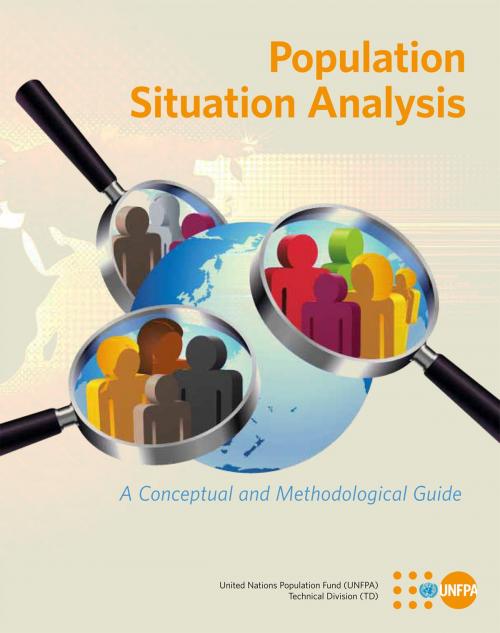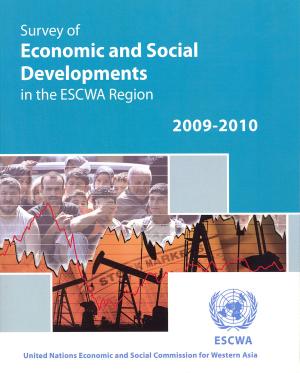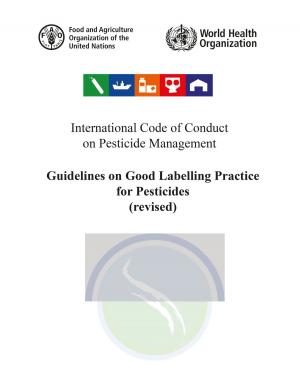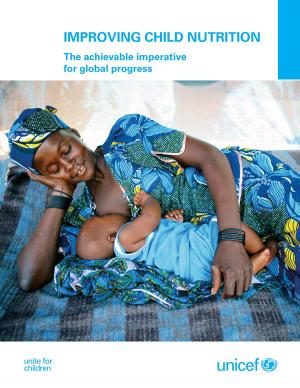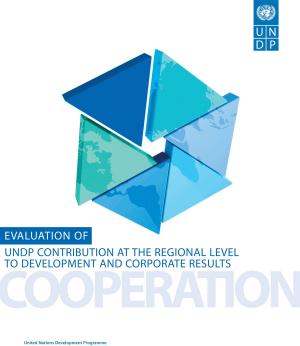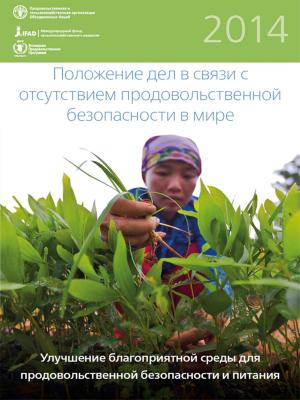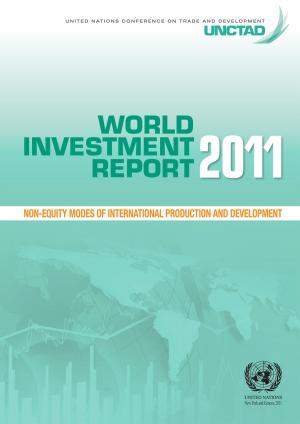Population Situation Analysis (PSA)
Nonfiction, Social & Cultural Studies, Social Science, Demography| Author: | UNFPA | ISBN: | 9789210548205 |
| Publisher: | United Nations | Publication: | February 10, 2012 |
| Imprint: | Language: | English |
| Author: | UNFPA |
| ISBN: | 9789210548205 |
| Publisher: | United Nations |
| Publication: | February 10, 2012 |
| Imprint: | |
| Language: | English |
The Population Situation Analysis (PSA) provides the basis for an integrated appraisal of the population and reproductive health dynamics and their impacts on poverty, inequality and development. By integrating a micro and macro analytical approach, the population situation analysis clarifies the interactions between individual behaviour and demographic dynamics. The Population Situation Analysis (PSA) responds to demand by countries that international cooperation should promote national capacity-building and recognize national ownership and leadership as prerequisites for development, in accordance with the principles agreed at the International Conference on Population and Development (ICPD) and the Millennium Declaration. This manual contributes to more efficient evidence-based programming, which relies on increased capacity for data generation, new databases, the consolidation of available evidence and the promotion of the use of hard data. The knowledge generated through the process will provide UNFPA country offices and others with the factual knowledge needed to integrate population dynamics and their interlinkages with gender equality, sexual and reproductive health, and HIV into policy-making and to mainstream UNFPAs mandate into policy dialogue with governments and other UN agencies.
The Population Situation Analysis (PSA) provides the basis for an integrated appraisal of the population and reproductive health dynamics and their impacts on poverty, inequality and development. By integrating a micro and macro analytical approach, the population situation analysis clarifies the interactions between individual behaviour and demographic dynamics. The Population Situation Analysis (PSA) responds to demand by countries that international cooperation should promote national capacity-building and recognize national ownership and leadership as prerequisites for development, in accordance with the principles agreed at the International Conference on Population and Development (ICPD) and the Millennium Declaration. This manual contributes to more efficient evidence-based programming, which relies on increased capacity for data generation, new databases, the consolidation of available evidence and the promotion of the use of hard data. The knowledge generated through the process will provide UNFPA country offices and others with the factual knowledge needed to integrate population dynamics and their interlinkages with gender equality, sexual and reproductive health, and HIV into policy-making and to mainstream UNFPAs mandate into policy dialogue with governments and other UN agencies.
